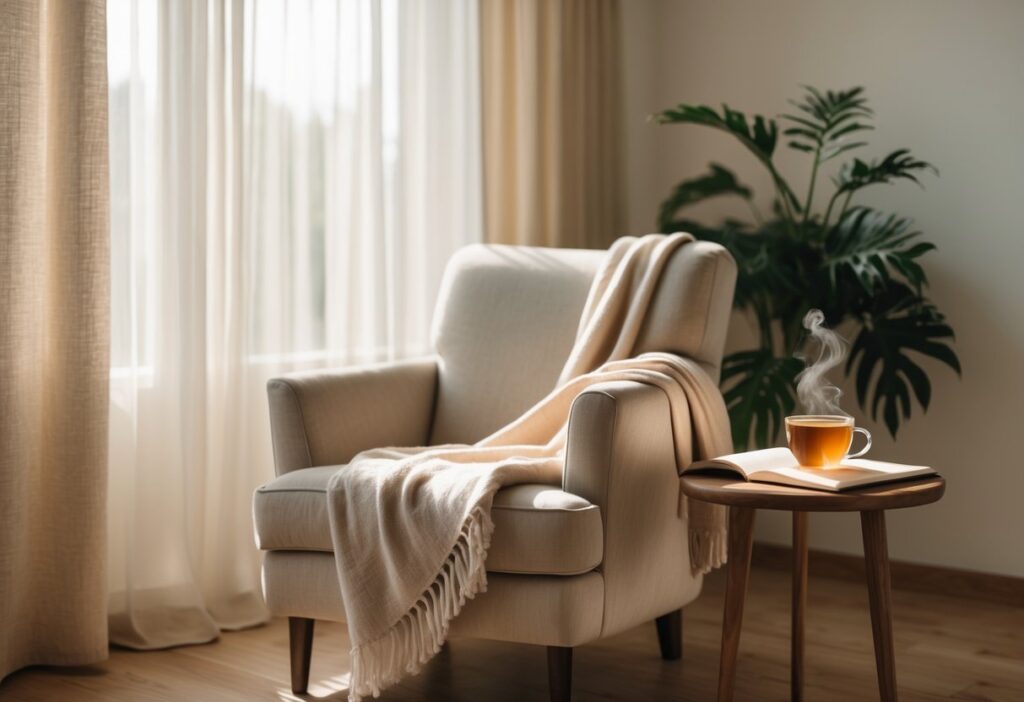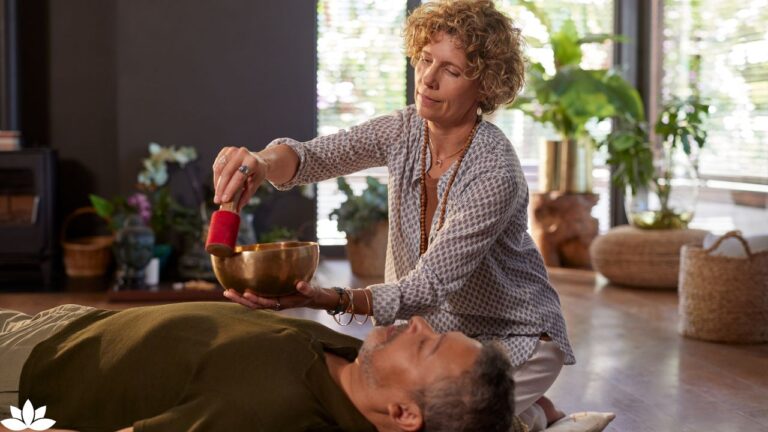In a world obsessed with nonstop hustle, it almost feels weird or even wrong to slow down. But what if the most effective way to care for yourself—and boost creativity—is to intentionally rest?
Radical rest is about choosing to pause completely, letting your mind and body reset and recover, even if it feels counterintuitive.

Doing nothing isn’t lazy. It’s actually a powerful form of self-care that helps you dodge burnout and sharpen your focus.
When you rest deeply, you make room for fresh ideas and renewed energy. This kind of rest is honestly essential if you want to keep your productivity and well-being intact in a busy world.
Maybe you think staying busy is a sign of strength. But honestly, real strength is knowing when to step back.
Radical rest teaches you that doing less can sometimes help you achieve more. It’s a surprisingly simple act that can shift the way you work, think, and feel—every single day.
Radical Rest: The Case for Doing Nothing as Self-Care
Understanding how rest can actually improve your focus, creativity, and health is crucial. Shifting your view of productivity, fighting burnout, and practicing mindfulness can turn “doing nothing” into a genuinely powerful way to care for yourself.
Redefining Productivity Through Rest
You might assume being busy means you’re productive, but that’s not the full story. True productivity includes making space for rest.
When you pause, your brain gets a chance to organize thoughts and recover. This actually sharpens your focus when you return to work.
Rest isn’t just downtime; it helps you perform better and stay motivated. If you start seeing productivity as a balance of effort and rest, you can avoid burnout and actually get more done in the long run.
Challenging the Culture of Chronic Stress and Burnout

Our culture loves to praise working nonstop. But that just leads to chronic stress and, eventually, burnout.
If you keep pushing without rest, your mind and body will eventually protest. Choosing to rest is almost a rebellious act these days.
You’re protecting yourself by refusing to buy into the constant hustle. Taking time to do nothing helps you recover energy and sidestep emotional exhaustion—especially if you’re juggling a lot already.
The Science Behind Rest and Recharge
Science backs this up: your brain and body need rest to work well. Rest lowers stress hormones, repairs cells, and improves memory.
When you rest, your brain resets, making creative problem-solving way easier. Sleep is a big part, sure, but quiet moments during the day matter too.
Simple things like deep breathing or just sitting quietly can recharge your nervous system. These little breaks help you focus better and keep overwhelm at bay.
Embracing Mindfulness and Reflection in Everyday Life
Mindfulness is about paying attention to the present moment, without judging yourself. When you’re mindful during rest, you get to know your thoughts and feelings more clearly.
Reflection helps you spot what you need and notice patterns—like what triggers your stress. Even short mindful pauses can boost your mental clarity and self-awareness.
The Transformational Benefits of Slowing Down
Slowing down gives your mind and body a real chance to reset. This pause helps you handle stress better and opens the door to new ideas.
It’s honestly wild how much your problem-solving improves when you make rest a habit. You can start weaving these benefits into daily life with intentional breaks.
Boosting Resilience and Creativity With Intentional Pausing

When you slow down on purpose, you give yourself space to recover from stress. That’s how you build resilience—so you bounce back faster from challenges.
Quiet moments give your brain time to wander, sparking new ideas and connections. It’s not about being lazy; it’s about actively caring for your mental energy.
Pausing lets your brain process information and makes problem-solving smoother. Over time, you’ll notice you’re more adaptable and creative both at work and at home.
Try short breaks where you just breathe or focus on something simple. It really does help strengthen your mental toughness and opens up creative thinking.
Slowing Down to Enhance Problem-Solving and Innovation
Taking time to do less actually helps your brain work more efficiently. When you’re always rushing, decisions get hasty and shallow.
Slowing down gives your mind space to explore options and think clearly. Quiet moments act like a mental reset, clearing out clutter.
You might notice new ideas or patterns that only pop up when you stop moving so fast. Innovation often sneaks in during those breaks from constant action.
By allowing yourself periods of rest, you give your brain a chance to generate original ideas—without all the pressure.
So, is radical rest the productivity hack we’ve all been overlooking? Maybe it’s time to stop feeling guilty for doing nothing and start seeing rest as the foundation for a clearer, more creative, and balanced life. Give yourself permission to pause. You might be surprised where it leads.
Integrating Radical Rest Into Modern Routines
Making time to slow down isn’t as impossible as it sounds. Try actually scheduling regular breaks into your day, even if it’s just on your phone’s calendar.
You don’t need to press pause for hours on end. Just five or ten minutes of genuine rest can do wonders for your focus and mood—seriously, give it a shot.
Deep breathing, a little mindful walking, or just sitting still for a moment—these are simple ways to rest. The trick is to avoid filling your breaks with screens or random distractions that keep your mind spinning.
Protect your rest like you would a meeting or an important call. Let people know when you’re taking a break, and try not to cave in to the urge to multitask (easier said than done, I know).
It might feel awkward at first, but with time, this practice starts to feel surprisingly natural. Radical rest can quietly become one of your best tools for staying balanced and actually getting things done.
Honestly, in a world that never stops, learning to rest might just be the most radical thing you can do for yourself. Why not give it a try and see what changes?



